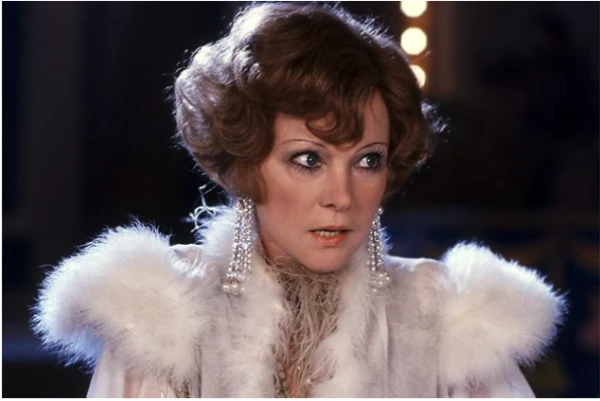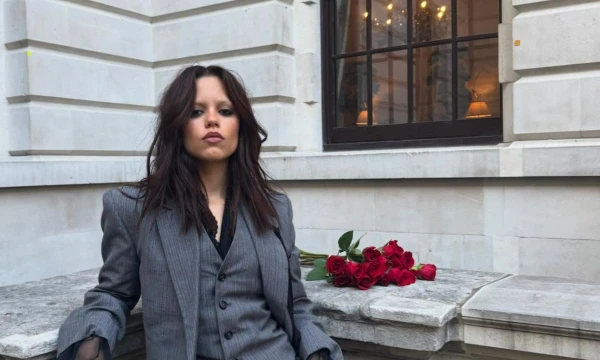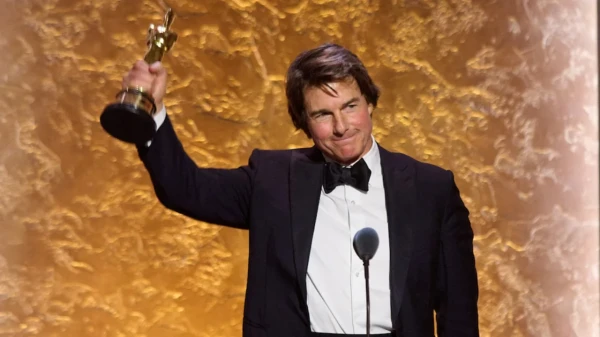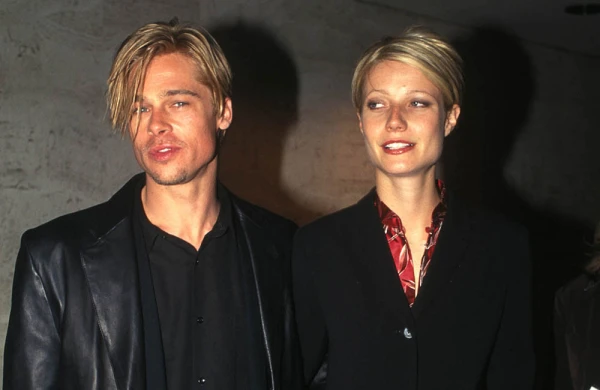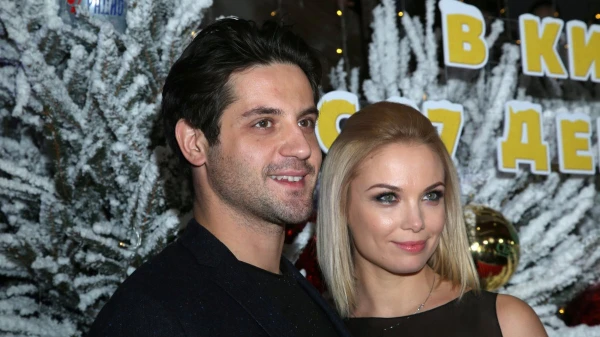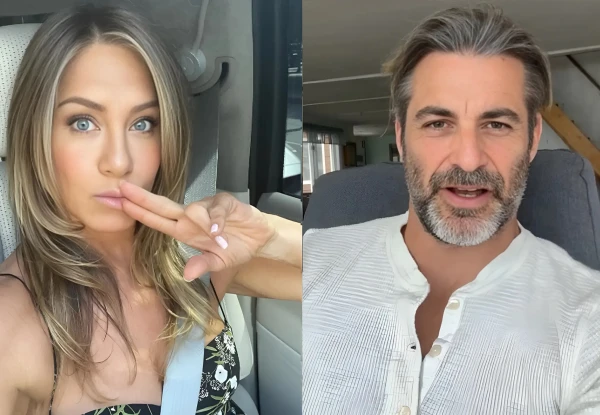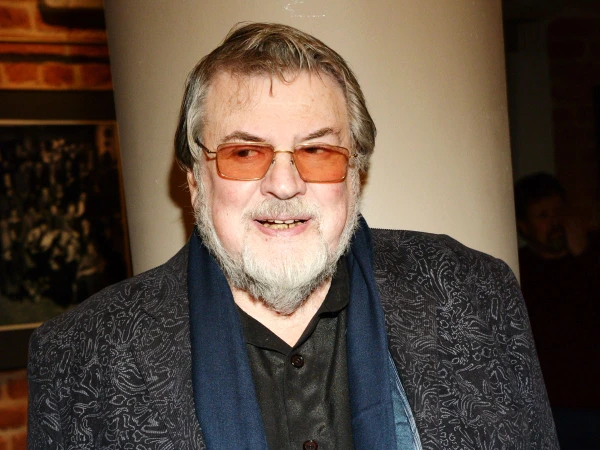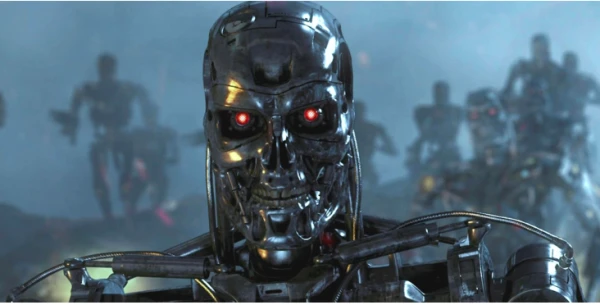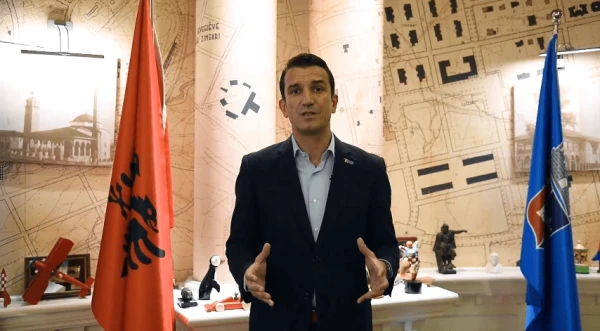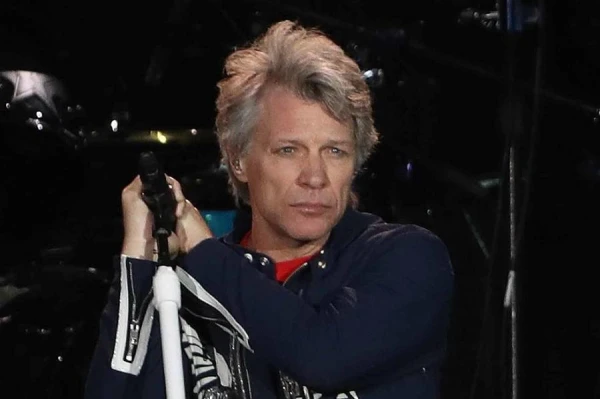
Jon Bon Jovi just shook the whole world – he turned down Elon Musk's $500 million offer with just five words. "My soul is not for sale."
It was a deal that could rewrite history - $500 million from Elon Musk for Jon Bon Jovi to become the official face of Tesla's new clean energy campaign.
In an era where mega-brands buy the voices of celebrities like billboards, Jon Bon Jovi reminded the world that some things still cannot be bought. His decision to turn down Elon Musk's staggering $500 million offer, which was reportedly meant to make the rock legend the face of Tesla's new clean energy campaign, became one of the most shocking cultural events of the year.
Screenshots of a quote that surfaced online from one of the attendees at the meeting have since dominated social media, sparking debates about art, authenticity, and the price of legacy.
Sources close to the negotiations describe Musk's offer as "historic," "unprecedented," and "almost impossible to refuse."
The contract was supposed to include:
• A multi-year global campaign • A specialized joint initiative in clean energy • A charitable wing named after Bon Jovi, funded by Tesla • Stock-based bonuses valued in the hundreds of millions
Had the agreement been signed, this partnership would have been one of the most lucrative celebrity deals in entertainment history, overshadowing even the largest sports endorsement contracts of the last decade.
However, people close to Bon Jovi say his hesitations began almost immediately.
"He was listening, they were discussing the numbers, discussing the vision," a source familiar with the conversation said. "But as soon as it came to using his image as a corporate symbol, he pulled back. Jon has always fiercely defended what his name symbolizes."
Within hours, the answer was received - and it spread far beyond the walls of the meeting room.
It is rare to see a global rock star turn down a deal of such magnitude. Even rarer is when he does so on principle.
But Jon Bon Jovi has always been an exception - a rock star grounded not in theatrics but in working-class authenticity. His career has been shaped by: • Anthems of resilience (Livin' on a Prayer) • Songs of survival (It's My Life) • Stories of ordinary people facing extraordinary hardships
And for millions of fans, his decision did not seem shocking. It seemed consistent.
"He has always been a good person," said a longtime fan of the band. "This guy feeds the homeless for free in his restaurants, makes donations quietly, helps people get back on their feet. Of course, he wasn't going to sell his soul for a company worth half a billion dollars."
However, Musk's supporters called the refusal "performative" and "anti-progressive," arguing that Tesla's clean energy goals align with many of Bon Jovi's humanitarian ideals.
The discussion quickly grew into something larger than the deal itself: a conversation about what it means for modern artists to maintain autonomy in an era of hyper-commercialization.
While the five-word quote gained a life of its own, insiders claim Bon Jovi's reasoning was deeper.
-
His legacy is built on empathy, not power. All of Bon Jovi's philanthropic work - from his Soul Foundation to local restaurants - focuses on dignity, not branding. An attachment to a billionaire's corporate empire risked undermining the authenticity of his long-standing humanitarian efforts.
-
He refuses to be a political pawn. Supporting Tesla or siding with Musk in 2025 means directly entering the political fray. Numerous sources report that Bon Jovi expressed concern about being used as cultural "weaponry" in ongoing ideological battles in America.
-
Music still comes first. According to sources, this moment mattered most.
"Jon wants the next decade of his career to be defined by music, not advertising, sponsorships, and tech disputes," said a person close to the singer. "He didn't want his voice to be associated with anything that could overshadow the art."
Reportedly, Bon Jovi told management: "I didn't spend 40 years earning trust to then trade it for a paycheck." Within hours of the news breaking, hashtags exploded on X, Instagram, and TikTok:
• #MySoulIsNotForSale • #BonJoviStandsTall • #ArtistsCannotBeBought
Supporters hailed him as a symbol of integrity in an era when endorsement deals often define artists more than their creativity.
Critics accused him of missing an opportunity to promote renewable energy on a massive platform.
But the loudest voices came from fellow musicians.
One multi-platinum artist publicly wrote: "Jon did what most of us are afraid to do - he said 'no.' Now that's real power."
Another commented: "Authenticity cannot be bought. Jon proved that."
Bon Jovi himself has remained silent since the first quote leaked - fans say that silence speaks louder than any press statement.
When the history of music in the 2020s is written, this moment will not be remembered as the day Jon Bon Jovi turned down $500 million.
This day will be remembered as the day he proved something greater:
Even in an era of billion-dollar brands, viral contracts, and fame created by algorithms, a rock star can still choose authenticity over empire. Or, more simply, in his own now-immortal five words: "My soul is not for sale."
What’s also important to note? Jon was born and raised in a not wealthy family. His father was a barber, his mother a florist.
Everything he has achieved is solely due to his talent and hard work.
He spends a lot of money on charity. He builds homes for veterans. He has a network of restaurants with free food for anyone in need.
And he doesn’t come into his restaurants "kicking the doors open." He helps with cooking and washing dishes. His father, who passed away in September of this year, helped him with this.
He is one of the most popular, famous among rock stars. But his popularity is certainly not what it used to be. Yet he still fills stadiums at his concerts. Moreover, these are people of all ages.
His net worth is estimated at a "modest" $410 million. And this man found the strength to turn down a $500 million contract…
